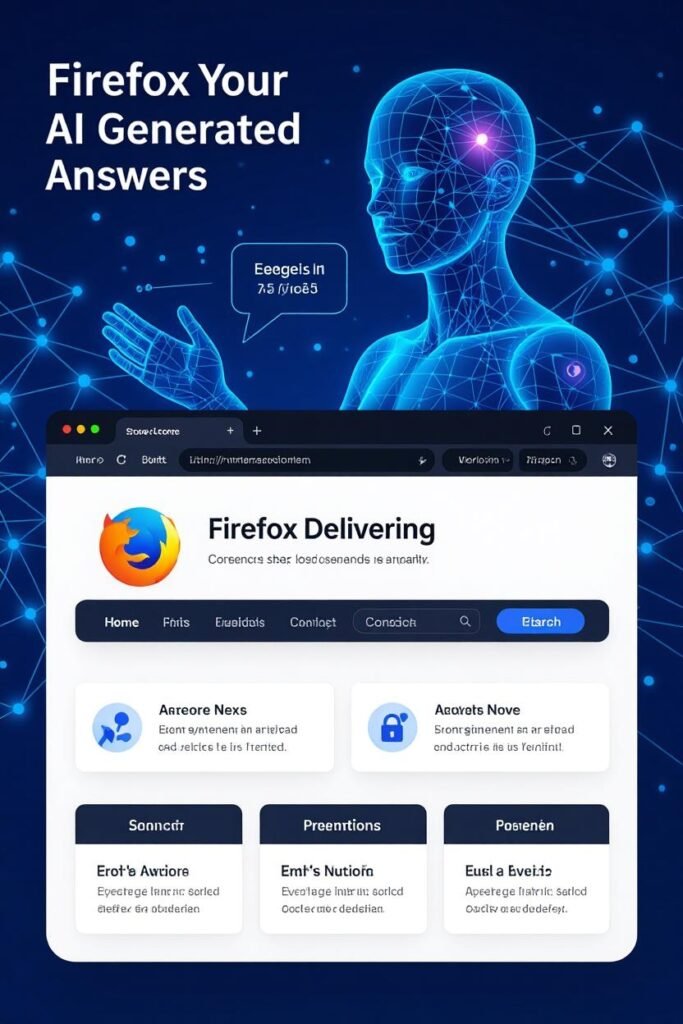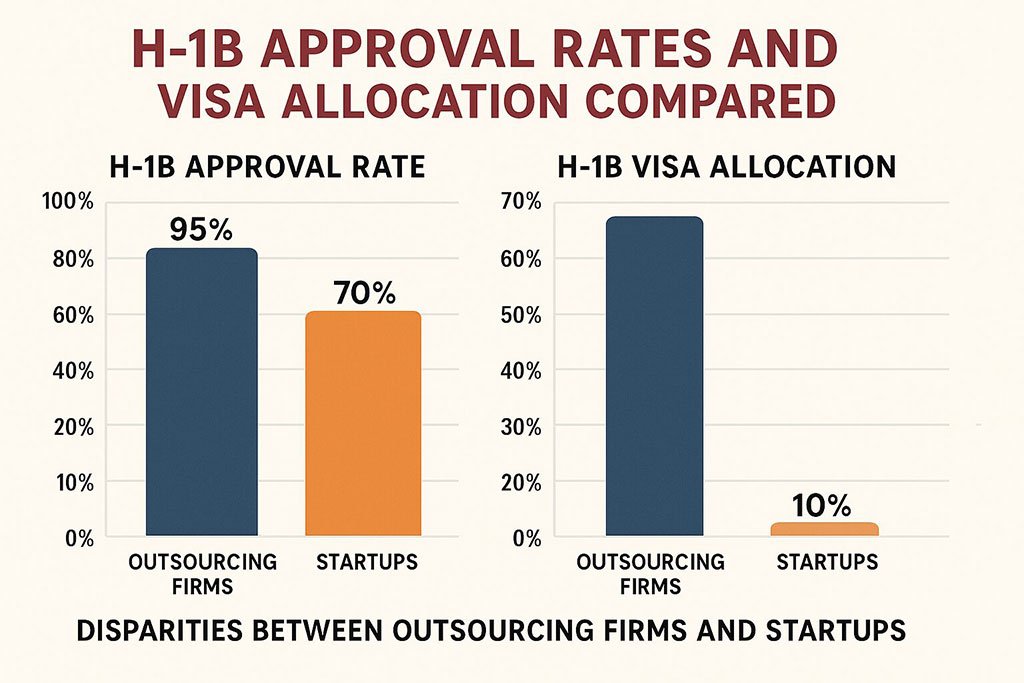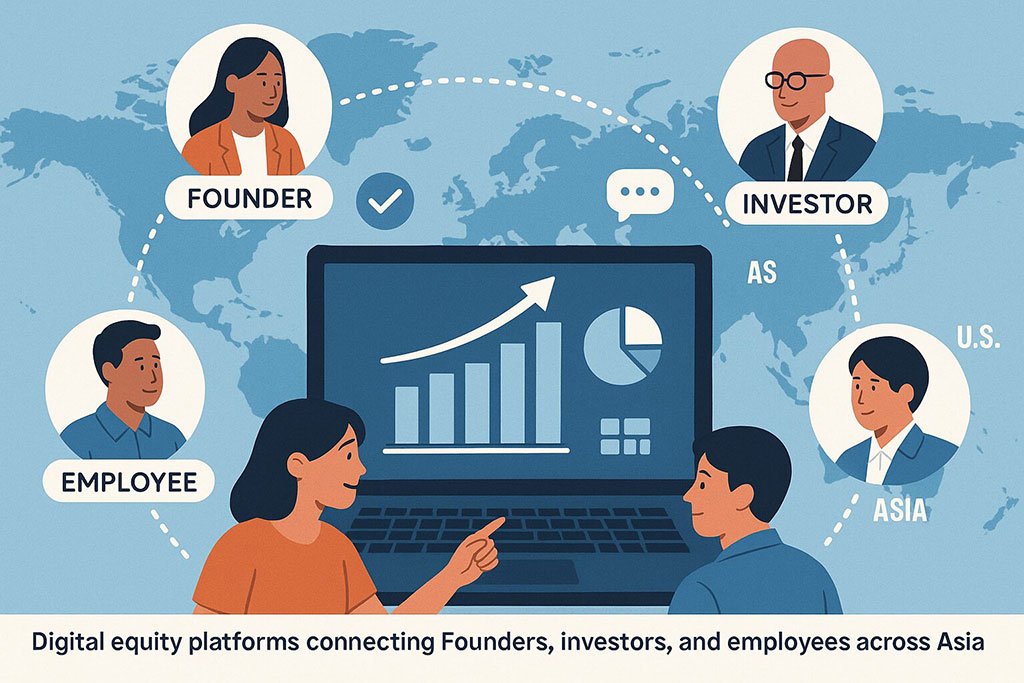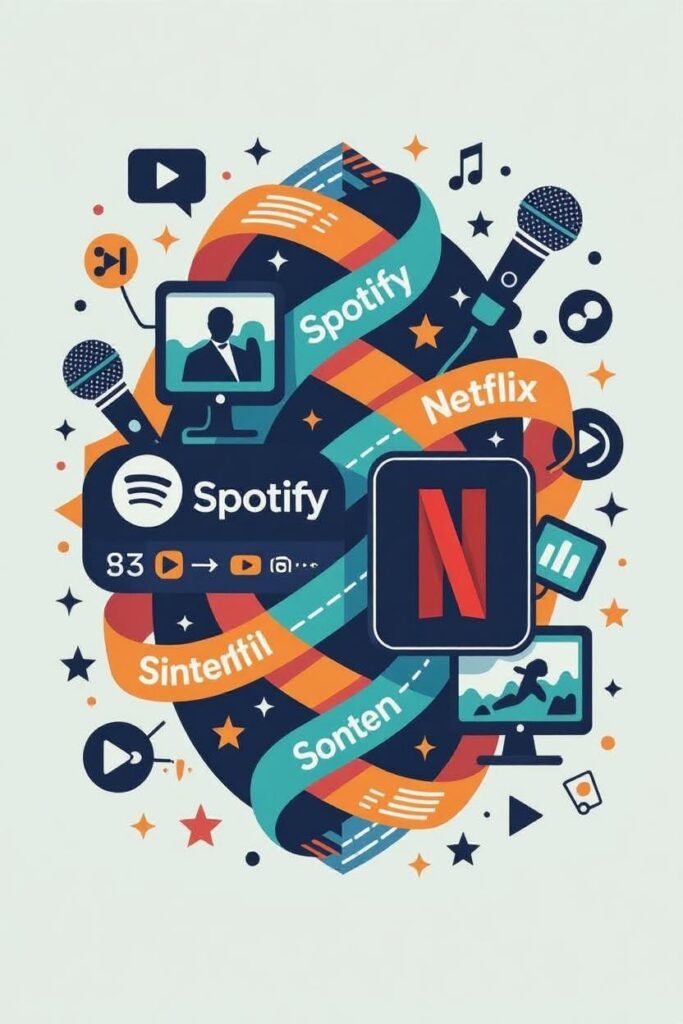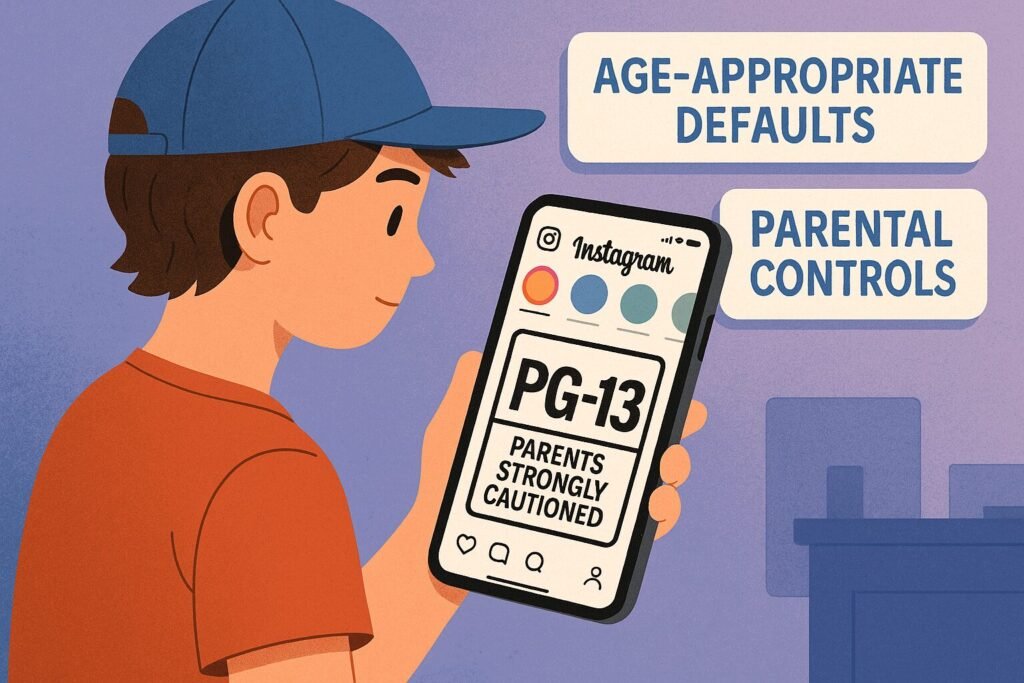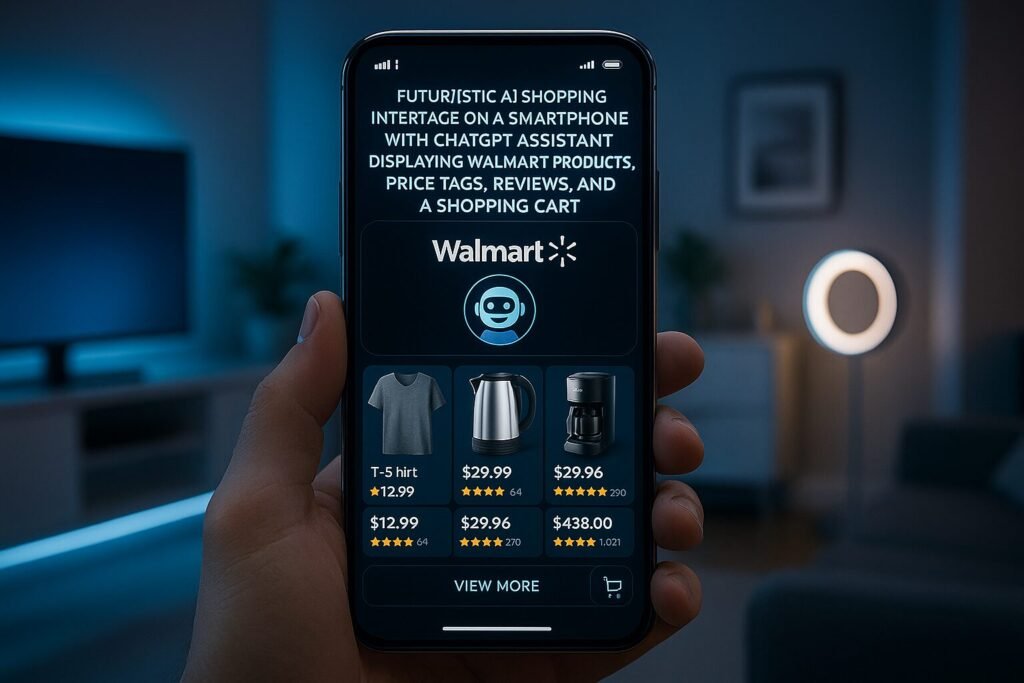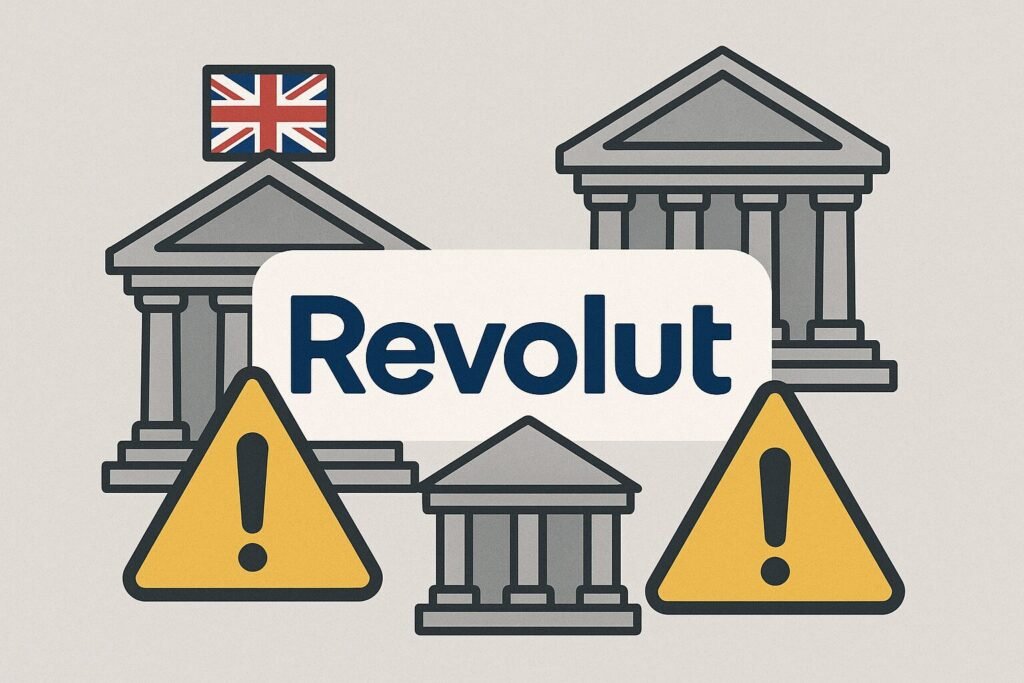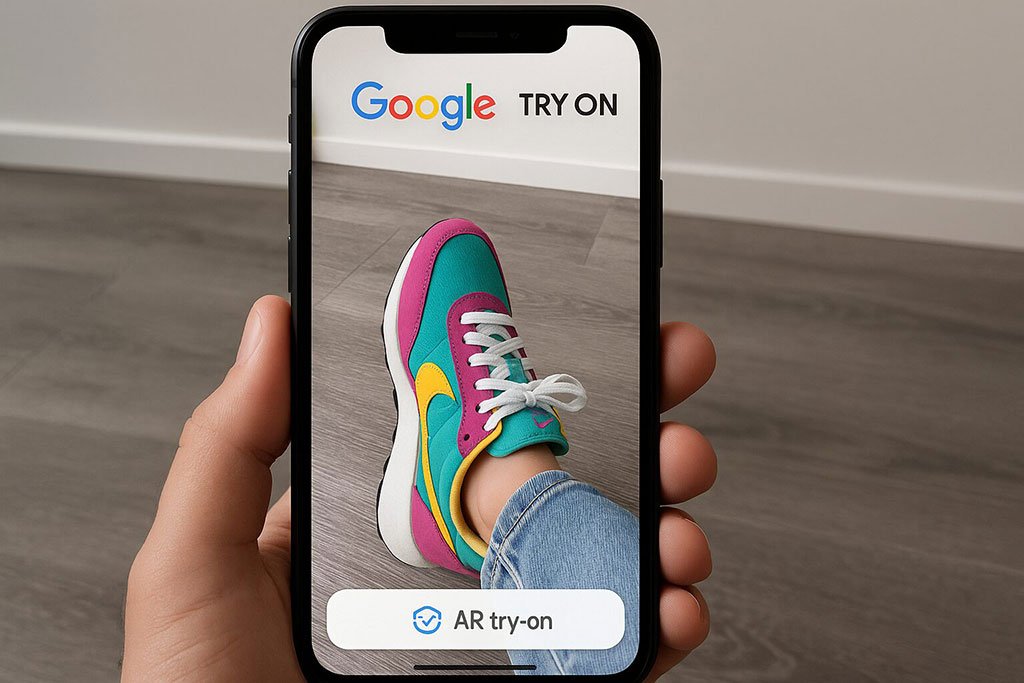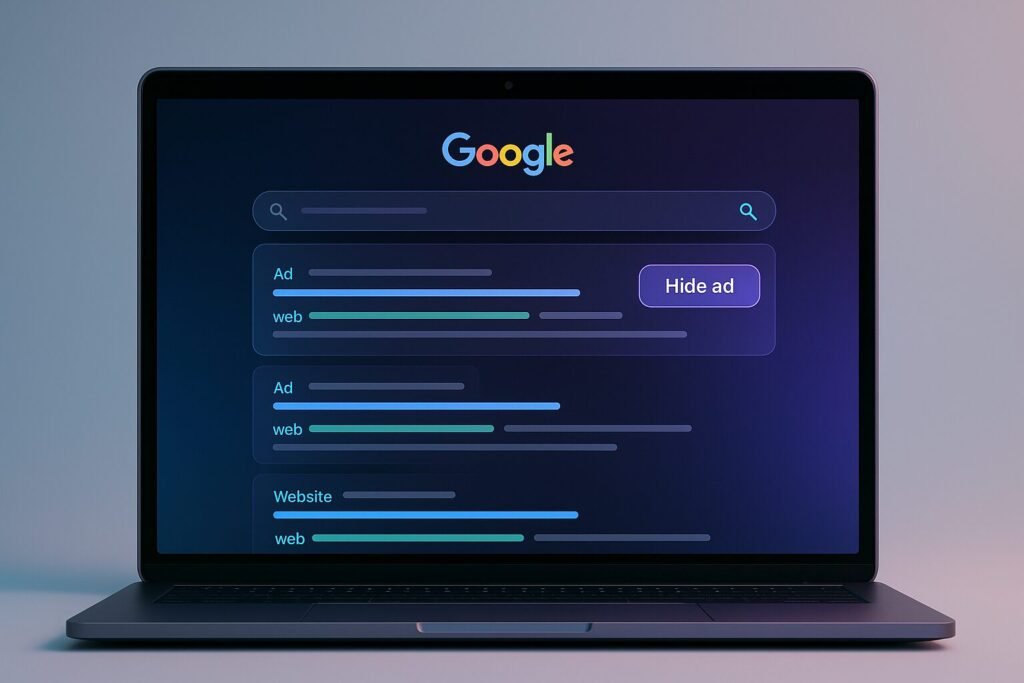Now Reading: Meta to leverage data from AI conversations to deliver personalized advertising
-
01
Meta to leverage data from AI conversations to deliver personalized advertising
Meta to leverage data from AI conversations to deliver personalized advertising

A New Frontier in Digital Ads
For years, we’ve grown accustomed to ads following us across the internet—those shoes you once clicked on reappearing on Facebook, or the blender you searched for resurfacing in Instagram stories. Meta, the parent company of Facebook and Instagram, is now taking this model one step further. The company has announced plans to use AI-powered conversations—the chats you have with its AI assistants—as a source of intelligence for personalized advertising.
At first glance, this sounds like the next logical step in digital marketing. Conversations are rich with context, intent, and nuance—everything advertisers crave. But it also raises questions: how far is too far when it comes to monetizing our words? And what does this mean for businesses, users, and the future of online advertising?
Why Meta Is Entering the AI Conversation Economy
Meta is no stranger to advertising innovation. The company built a trillion-dollar empire by perfecting targeted ads. But as traditional data sources face increasing regulation and user pushback—think Apple’s iOS privacy changes or Europe’s GDPR—Meta needs new fuel for its ad machine.
That’s where AI chats come in. When you ask Meta’s AI assistant about planning a holiday, searching for fitness tips, or even exploring a new hobby, those conversations can reveal your real-time intent far more accurately than clicks or likes ever could.
From Meta’s perspective, this isn’t just about ads—it’s about relevance. The company wants to show you fewer ads that feel random, and more ads that feel useful. But the leap from browsing data to conversational data is not a small one.
The Promise of Hyper-Personalization
There’s no denying the appeal of personalization. Studies consistently show that consumers are more likely to engage with ads that feel tailored to their needs. If Meta can harness conversational intent, it could:
-
Deliver ads that anticipate user needs (imagine mentioning a marathon and seeing ads for running shoes the same week).
-
Help businesses target audiences with laser precision, cutting waste and boosting ROI.
-
Shift the advertising model from being reactive to proactive, aligning with the user’s goals in real time.
For marketers, this is gold. For users, it could mean less “junk advertising” and more content that feels genuinely relevant. But personalization always comes with strings attached.
The Elephant in the Room
Here’s the sticking point: conversations are personal. They can touch on sensitive topics—health concerns, financial worries, private aspirations—that most of us would never want turned into ad fodder.
Meta insists that data will be anonymized and aggregated, but skepticism remains. Privacy advocates argue that even anonymized data can be risky, and that using AI chats for ads feels like a breach of trust.
And then there’s regulation. Europe’s GDPR and AI Act, along with emerging U.S. state-level privacy laws, could challenge how Meta implements this strategy. Globally, regulators will be watching closely to see whether conversational ads cross the line into surveillance.
For users, the real question is: how much personalization is too much? Will we accept ads that seem eerily aligned with private conversations, or push back in favor of greater privacy protections?
A Shift in the Ad-Tech Landscape
If Meta succeeds, this could reshape the entire advertising industry. For decades, digital ads have revolved around search data, browsing history, and social media engagement. Moving to conversation-based advertising marks a new era.
-
For businesses: Access to intent-rich insights could improve ad performance and cut wasted spend.
-
For ad-tech rivals: Google, Amazon, and TikTok may explore similar models, creating a new arms race in AI-driven ads.
-
For users: The experience may swing between delight (useful recommendations) and discomfort (ads that feel invasive).
The stakes are high. If done right, this could redefine ad efficiency. If mishandled, it could trigger backlash, regulation, and trust erosion.
Global Perspectives on Meta’s Move
Reactions will vary across regions:
-
United States: Likely debates around innovation versus regulation. Free market advocates may praise Meta’s boldness, while consumer groups call for guardrails.
-
Europe: Expect heavy scrutiny under GDPR, with potential legal challenges if chat data is deemed sensitive.
-
Asia: Markets like India and Southeast Asia may see adoption faster, with governments weighing digital growth against rising concerns about user rights.
This isn’t just a business decision; it’s a geopolitical experiment in digital governance. How countries respond could shape the global advertising playbook for years to come.
Convenience vs. Control
Ultimately, this is about choice. Do users prefer ads that feel hyper-relevant, even if that means sharing conversational data? Or do they want stronger privacy, at the cost of less tailored online experiences?
The answer may not be universal. Some will embrace personalization as a natural extension of AI-powered life. Others will see it as an unacceptable intrusion. Meta’s challenge will be offering enough transparency, control, and opt-outsto satisfy both groups.
FAQs
Q1: Will Meta literally read my AI chats?
Meta says no—it will process data in aggregated, anonymized ways. But the exact mechanisms remain vague.
Q2: Can I opt out of ads based on AI chats?
Privacy settings are expected, but their effectiveness will depend on how clearly Meta implements them.
Q3: How is this different from today’s ad targeting?
Today’s ads rely on past behavior (clicks, searches, likes). Chat-driven ads rely on real-time intent, which could make them more powerful—and more controversial.
Where Do We Go From Here?
Meta’s decision to use AI chat data for advertising is a bold move that pushes the boundaries of personalization. It could usher in an era of smarter, more useful ads, but it also forces us to confront tough questions about privacy, consent, and trust.
For businesses, the opportunity is immense. For users, the trade-off is less clear. And for regulators, this may be one of the first major tests of how AI and advertising intersect in our daily lives.
The future of advertising may no longer be about what we click, but about what we say. Whether that feels like progress—or a step too far—depends on how well Meta balances innovation with responsibility.
Stay ahead of AI + AdTech shifts. Subscribe to our newsletter for weekly insights into how AI is reshaping business, marketing, and privacy.
Disclaimer:
All logos, trademarks, and brand names referenced herein remain the property of their respective owners. Content is provided for editorial and informational purposes only. Any AI-generated images or visualizations are illustrative and do not represent official assets or associated brands. Readers should verify details with official sources before making business or investment decisions.




